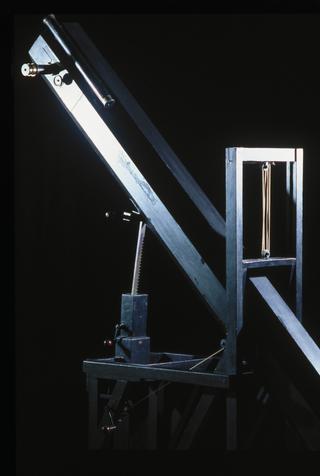
Caroline Lucretia Herschel 1750 - 1848
- occupation:
- Astronomer
- Nationality:
- German
- born in:
- Hannover, Hannover district, Lower Saxony, Germany
Born in Hanover as the eight child and fourth daughter to Isaac Herschel and his wife, Caroline Lucretia Herschel went on to become a notable eighteenth century astronomer. Her elder brother William emigrated to Bath, England in 1757 after the French defeat of the Hanoverians during the Seven Years War. During this time, Caroline was kept at home, but briefly attended a dressmaking school. William engineered Caroline's move to Bath, resisted by their siblings and mother, ostensibly to see if she could train as a concert singer.
She took over the Bath household, and despite speaking little English, soon emerged as a concert singer in the West Country that sometimes performed five nights a week. When her brother's interest moved towards astronomy, the two moved to Windsor, where William assumed Caroline would assist his studies, whilst also running his household. He built her a telescope in 1783 with the express aim of seeking comets and other travelling celestial bodies.
In the years after, Caroline became famous as the discoverer (or co-discoverer) of eight comets. In 1783 she discovered the companion to the Andromeda nebula. The siblings' joint work into nebulae saw the known number increase from little over a hundred to more than two thousand thanks to their efforts, in a period spanning two decades.
Caroline was awarded a royal pension in 1787. From 1796, she worked to correct the errors in John Flamsteed's 'British Catalogue'. The task took close to two years and embedded her reputation as one of Britain's most respected astronomers of the day. Such was the respect her name commanded at this time that she was invited to Greenwich as a guest of the Astronomer Royal in the summer of 1799.
When William died in 1822, Caroline returned to Hanover, where she continued her research. She undertook the considerable task of revising the entire catalogue of nebulae. Her efforts saw her rewarded with a medal from the Astronomical Society. In her later years, Caroline became something of a minor celebrity where she lived and she was granted a 'science medal' by Humboldt on behalf of the King of Prussia when she turned ninety-six. She died in 1848 in Hanover.